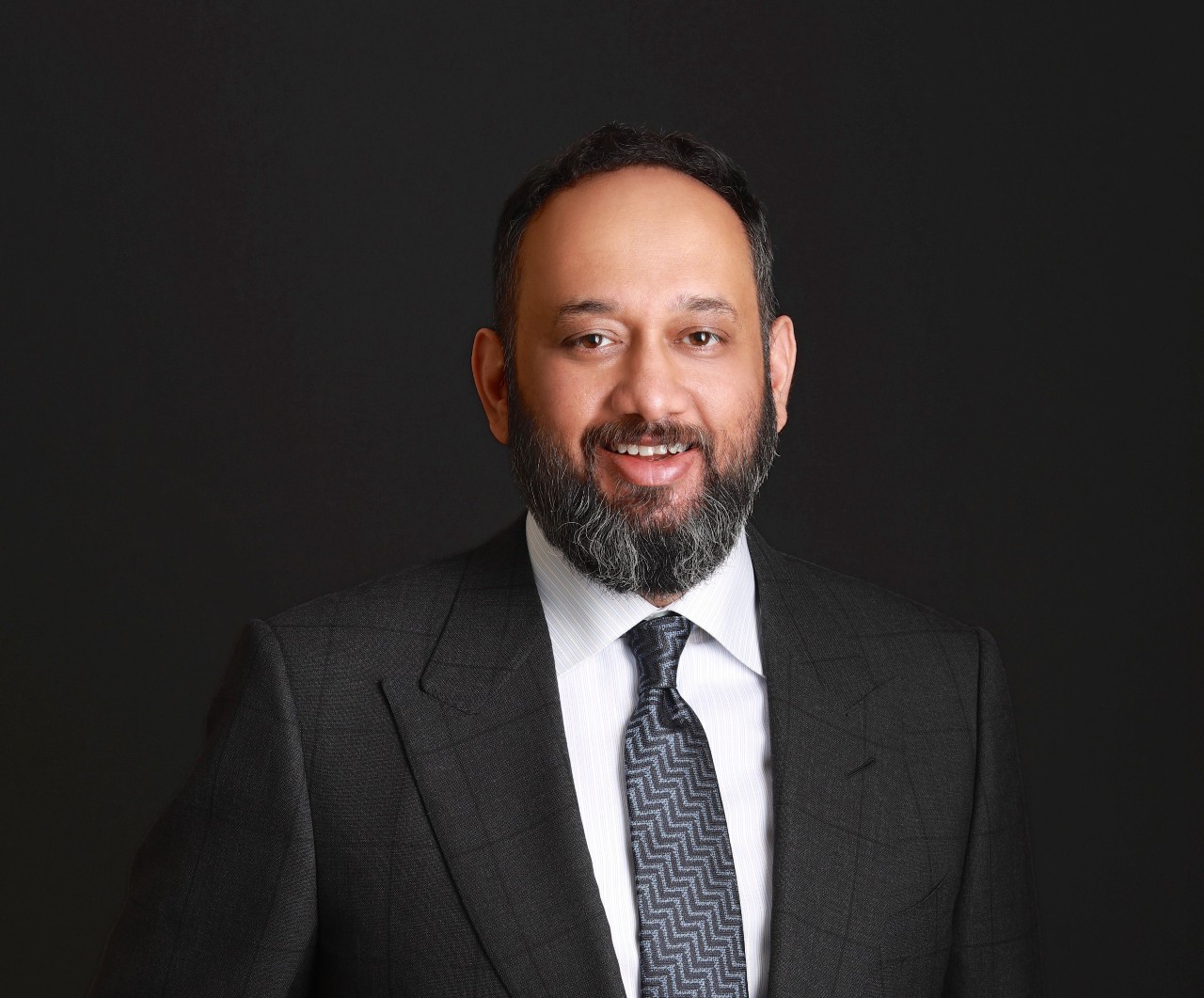The Supreme Court today dismissed the December 2019 order of National Company Law Appellate Tribunal (NCLAT) which had reinstated Cyrus Mistry as Chairman of Tata Sons.
“We find all the questions of law are liable to be answered in favour of the appellants, Tata Group and the appeals file by the Tata Group are liable to be allowed and Shapoorji Pallonji group is liable to be dismissed,” the court said.
The reasoning of the bench will be known when the full copy of the judgment is released.
The verdict was given by the SC Bench comprising Chief Justice of India SA Bobde, and Justices AS Bopanna and V Ramasubramanian.
The order of NCLAT dated December 18, 2019 is set aside, the Court added.
“Company petition no 82/2016 filed by two companies belonging to SP Group shall stand dismissed. Civil Appeal 1802 filed by Cyrus Investments Limited and Sterling Investment Corporation is dismissed. There will be no order as to costs,” the judgment said.
The apex court, however, did not give any direction to Tata Sons on separation of ownership interest of Shapoorji Pallonji Group in the respondent’s company by extinguishing the shares held by the appellant’s firm in lieu of fair compensation.
The court asked parties to explore the legal options available to them.
“The valuation of shares of SP Group depends on the value of stake of Tata Sons in listed equities, unlisted equities, immovable assets etc. and also perhaps the funds raised by SP Group on the security pledge of the shares.
Therefore, at this stage and in this court, we cannot adjudicate on the fair compensation. We will leave it to the parties to take the article 75 route or any other legally available route in this regard,” the judgement said.
Arguments
Tata Sons’ Counsel Harish Salve had challenged NCLAT’s order saying that it gave minority shareholder control of Tata companies.
The SP group owns only 18 percent stake in Tata Sons while Tata Trusts holds 68 percent stake, and Mistry cannot be appointed as Executive Chairman under any right of the minority shareholder, he said.
Salve also challenged NCLAT’s order saying that bad business decisions are not mismanagement. Therefore, sales of Rs 1 lakh car taking a downturn for instance, are not reasons establishing lack of probity, he said.
Moreover, a complaint under 241 cannot be based on a litany of allegations against downstream companies like Tata Motors, Corus, Tata Steel and others.
“Therefore, a member of Tata Sons cannot complain about other Tata companies,” Salve said.
“There has never been a single allegation of mismanagement of Tata Sons. The company has been run amazingly. During the tenure of Mr. Ratan Tata between 1991 and 2012, the market cap of Tata went up 500 times. When there is a growth story of 500 percent, there will be some winner projects and some losers,” he argued.
Salve also challenged NCLAT’s order by saying that the tribunal has no absolute power to appoint a Director under section 242 (2) (K).
Exercising the absolute power, the NCLAT had removed N Chandrasekaran from the post of Executive Chairperson.
Chandrasekaran was appointed by the Board as Executive Chairperson after Mistry’s exit in 2016. The NCLAT reversed this and reinstated Mistry to the post.





